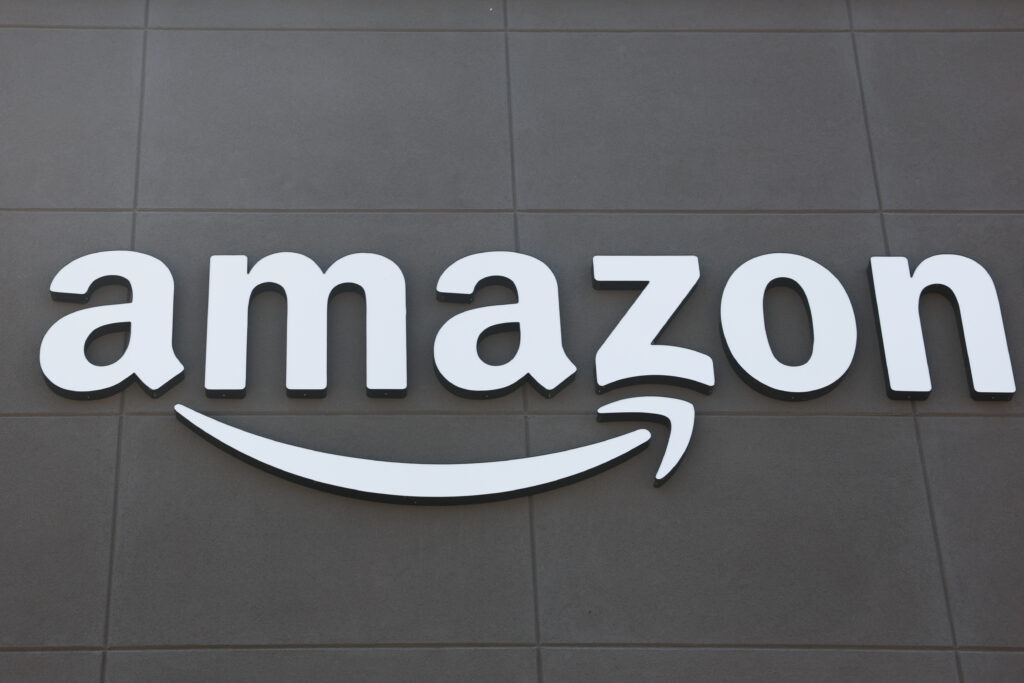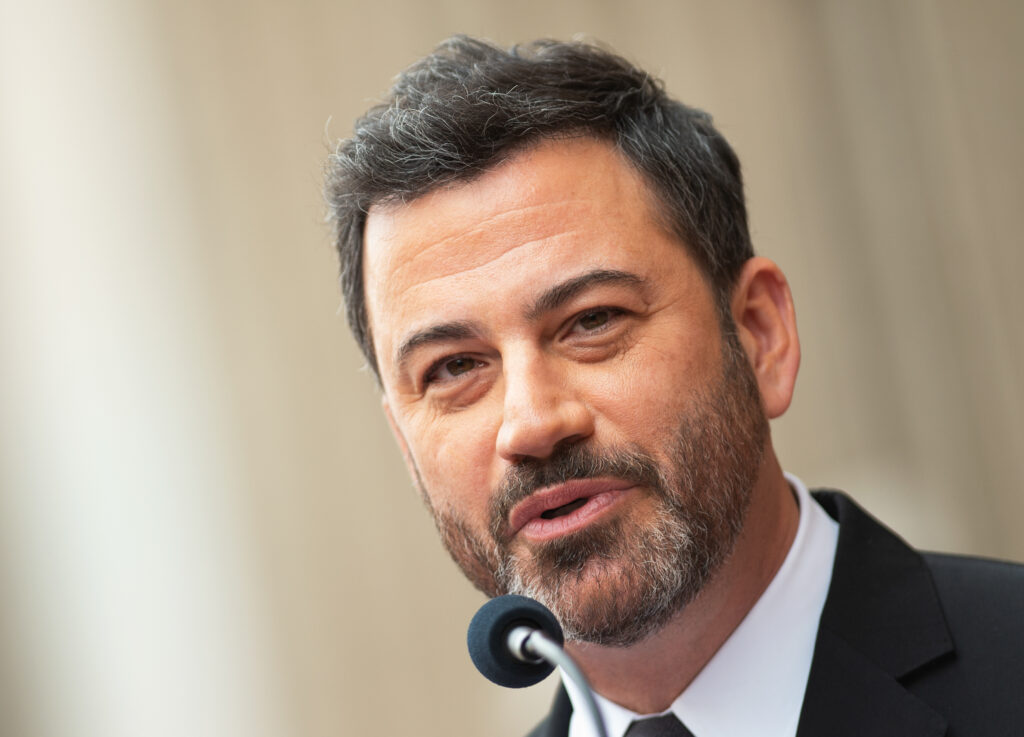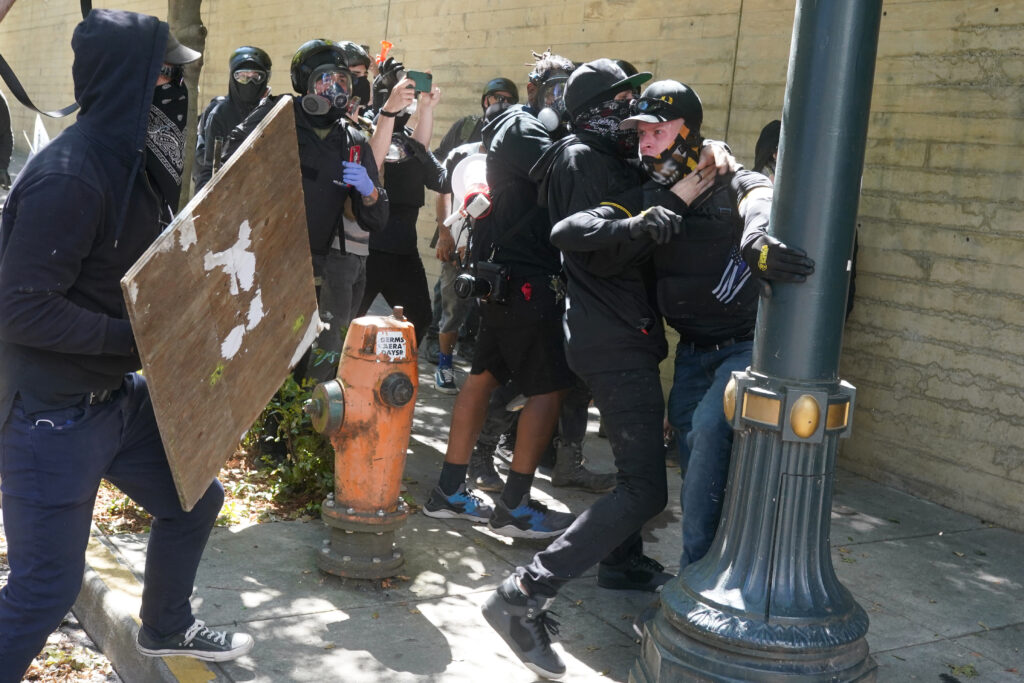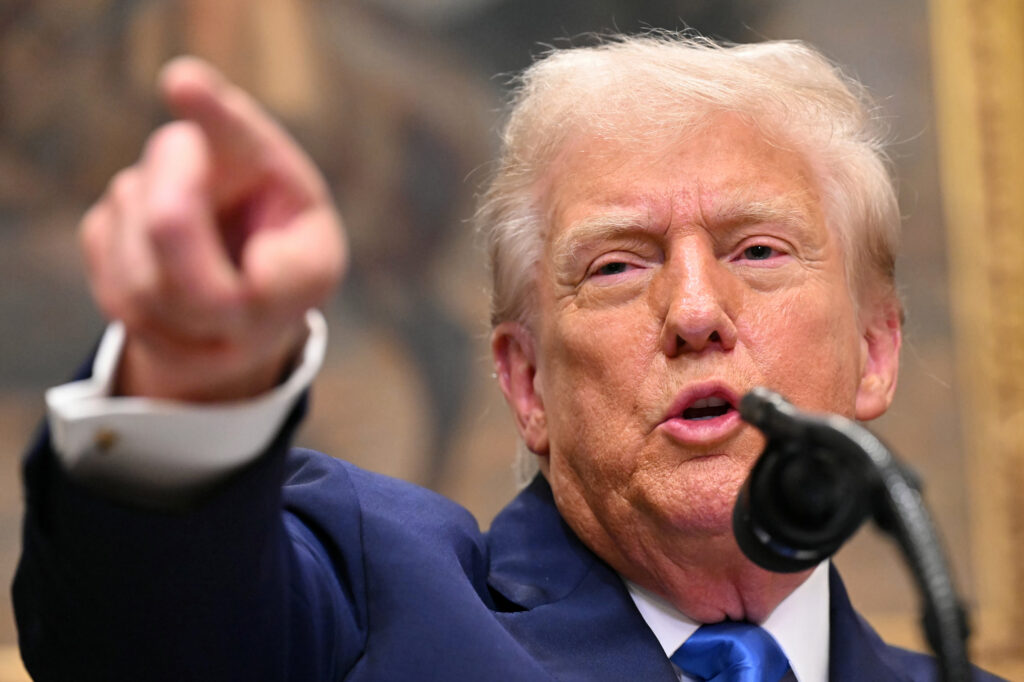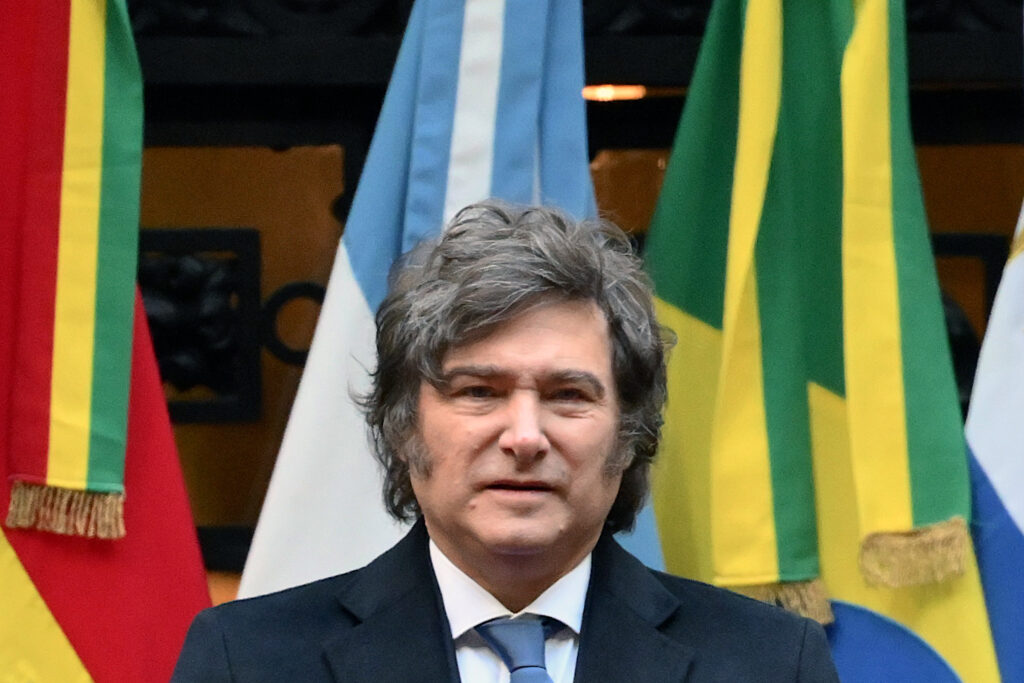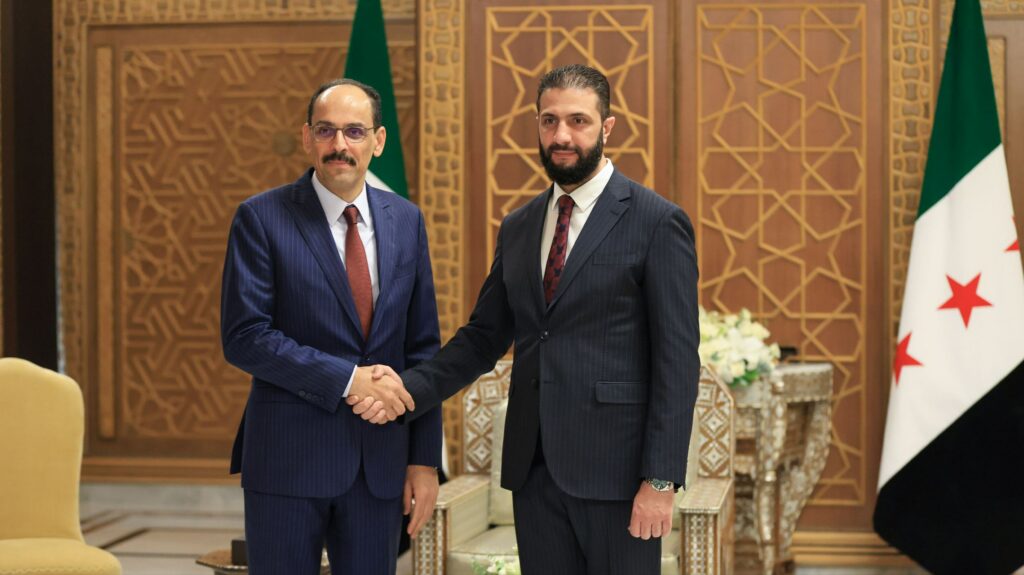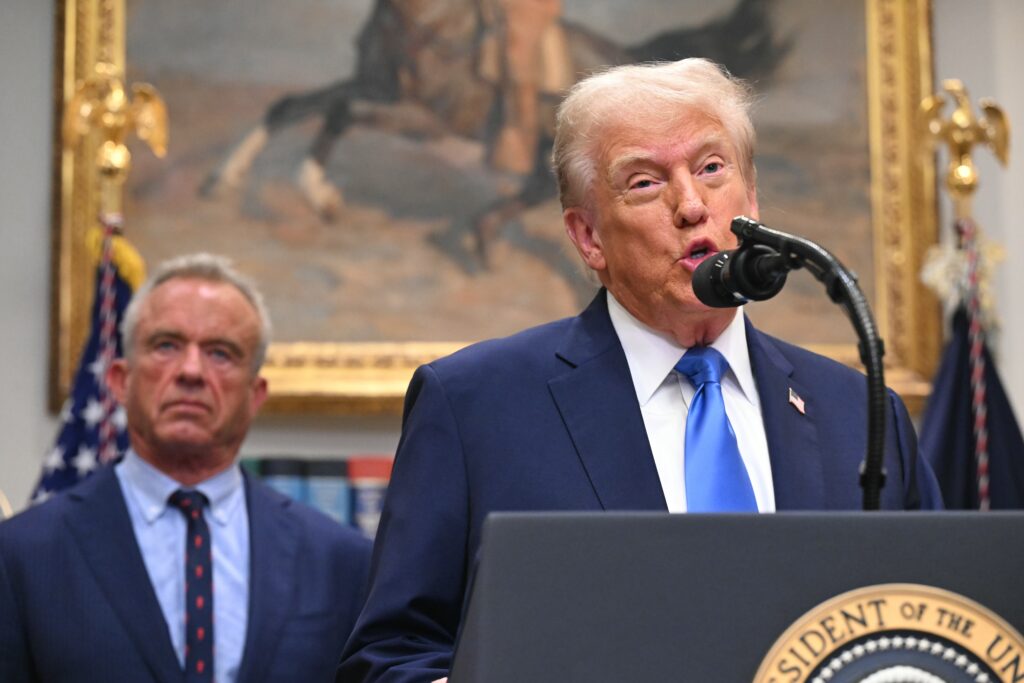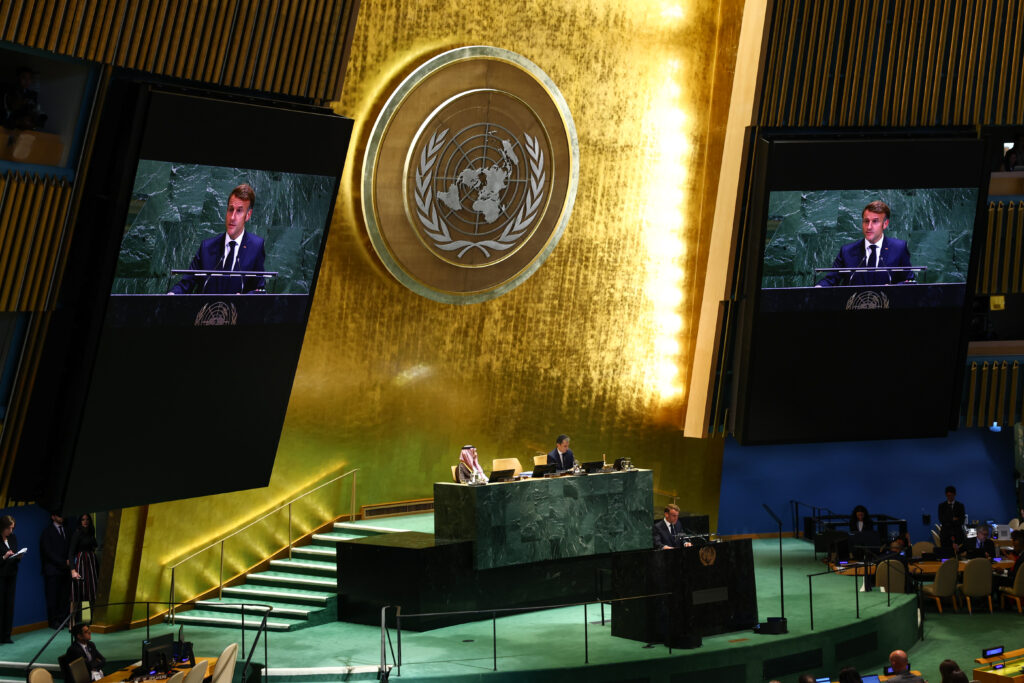Amazon faces US trial over alleged Prime subscription tricks
Jury selection began Monday in a US government lawsuit accusing e-commerce giant Amazon of using tricks to enroll millions of customers into its Prime subscription service and then making it nearly impossible to cancel.Opening remarks by rival attorneys were slated for Tuesday, with witness testimony to follow.The Federal Trade Commission’s complaint, filed in June 2023, alleges that Amazon knowingly used designs known as “dark patterns” to trick consumers into signing up for the $139-per-year Prime service during checkouts.The case centers on two main allegations: that Amazon enrolled customers without clear consent through confusing checkout processes, and that it created a deliberately complex cancellation system internally nicknamed “Iliad” — after Homer’s epic about the long, arduous Trojan War.US District Court Judge John Chun last week ruled that Amazon violated an online shopper protection law by collecting Prime subscriber billing information before disclosing terms of the service, according to excerpts of the ruling shared on X, formerly Twitter.The summary judgement by Chun puts Amazon at a disadvantage for the trial before Chun in his Seattle courtroom.Chun is also presiding over a separate FTC case that accuses Amazon of running an illegal monopoly, with that case due to go to trial in 2027.- A ‘labyrinthine’ process -The cases are part of a volley of lawsuits launched in recent years in a bipartisan effort to rein in the power of the US tech giants after years of government complacency.According to court documents, Amazon was aware of widespread “nonconsensual enrollment” in Prime, but resisted changes that would reduce these unwanted sign-ups because they negatively affected the company’s revenue.The FTC alleges that Amazon’s checkout process forced customers to navigate confusing interfaces where declining Prime membership required finding small, inconspicuous links — while signing up for the service used prominent buttons. Crucial information about Prime’s price and automatic renewal was often hidden or disclosed in fine print, the FTC also alleges.”For years, Amazon has knowingly duped millions of consumers into unknowingly enrolling in its Amazon Prime service,” the original complaint states.The service has become central to Amazon’s business model, with Prime subscribers spending significantly more on the platform than non-members.The lawsuit also targets Amazon’s cancellation process, which required customers to navigate what the FTC describes as a “labyrinthine” four-page, six-click, fifteen-option process to cancel their membership.The FTC is seeking penalties, monetary relief, and permanent injunctions requiring the company to change its practices.The case in part relies on ROSCA, legislation that came into force in 2010 that specifically prohibits charging consumers for internet services without clear disclosure of terms, obtaining express consent, and providing simple cancellation mechanisms.The FTC alleges Amazon violated these requirements by failing to clearly disclose Prime’s terms before collecting billing information and by not obtaining genuine informed consent before charging customers.Amazon’s defense strategy will focus heavily on arguing that ROSCA and other regulations don’t specifically prohibit the practices in question and that the FTC is stretching the law.The company has also argued that it made improvements to its Prime enrollment and cancellation processes and that the allegations are out of date.The jury trial is expected to last about four weeks and will largely rely on internal Amazon communications and documents as well as Amazon executives and expert witnesses.If the FTC prevails, Amazon could face substantial financial penalties and be required to overhaul its subscription practices under court supervision.
